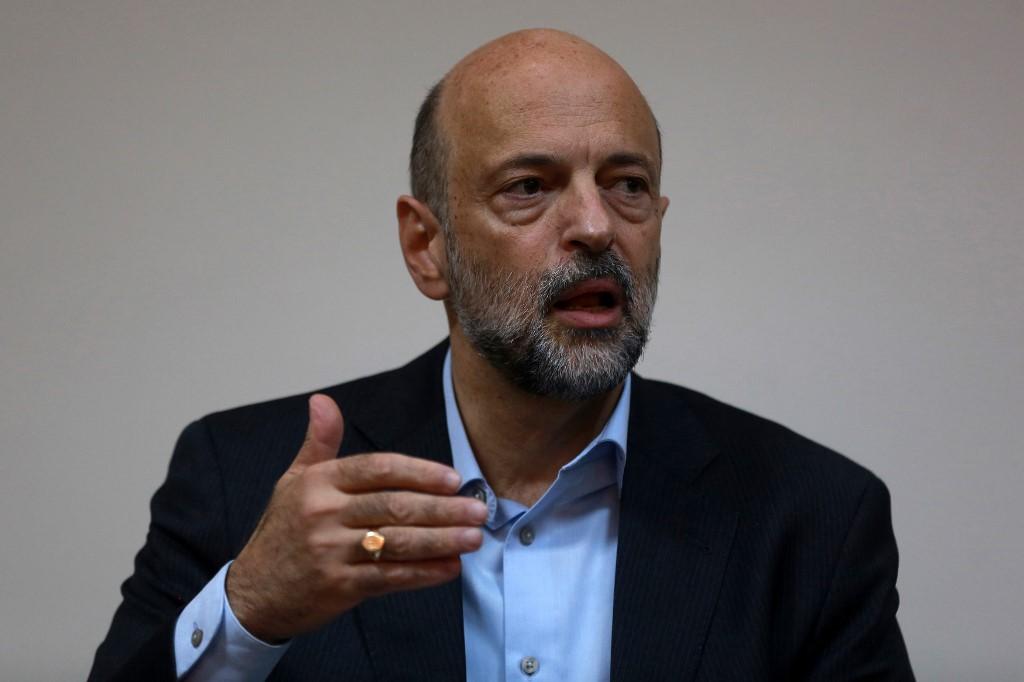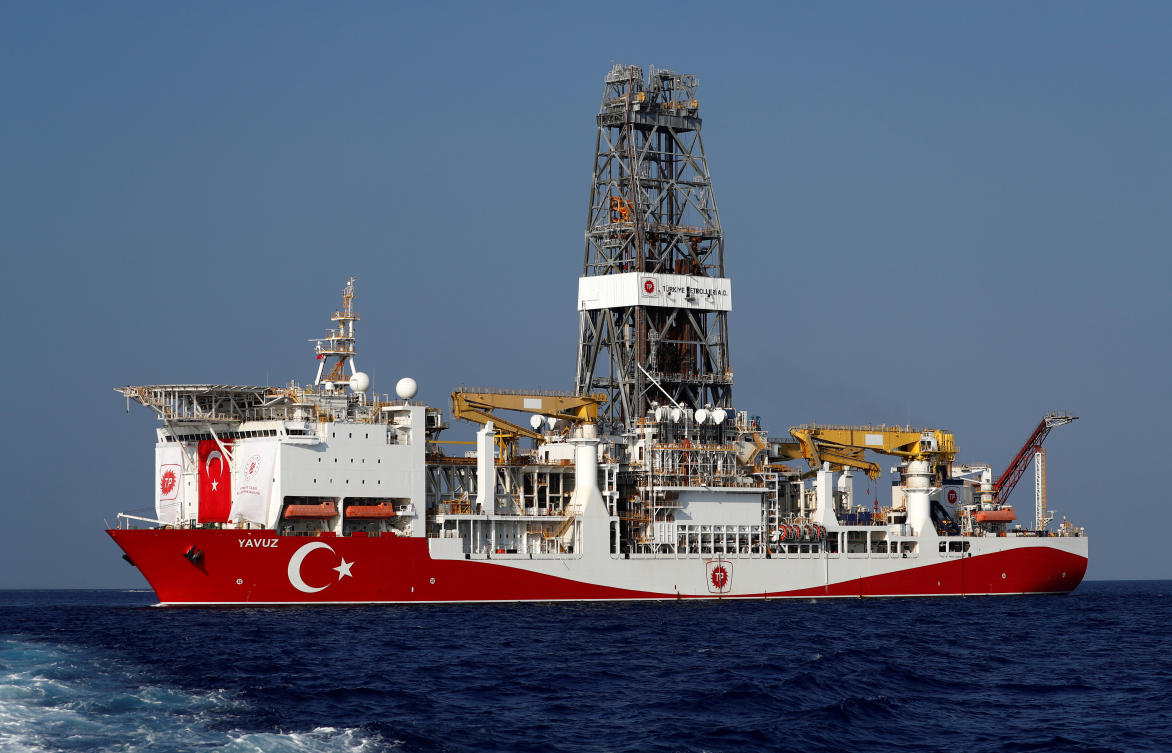Jordan government to raise public sector wages next year
AMMAN: Jordan agreed on Thursday to public sector wage rises, a move that will increase government spending at a time of rising public debt but is crucial to stave off social instability, officials said.
Prime Minister Omar Al-Razzaz said the government took the decision, which covers 700,000 state employees including army personnel and civilian and military retirees, even though the country’s finances were stretched.
“The economic situation and the exceptional circumstances that Jordan is going through in the region necessitates improving living conditions,” Razzaz told an audience of officials and prominent figures.
The government, which has said it will not resort to new taxes, is mindful of protests in neighboring countries, including Lebanon and Iraq, in the past month over eroding living standards and corruption.
Tax rises pushed by the IMF last year sparked some of the biggest demonstrations in years and were also blamed by economists and politicians for a contraction in business activity.
The last significant public sector pay rises in 2010 and 2011 were part of billions of dollars in extra social spending to curb protests inspired by regional uprisings.
The public sector has over the last two decades expanded rapidly as successive governments sought to appease citizens with state jobs to maintain stability.
The runaway spending contributed to a soaring $40 billion public debt, equivalent to 94% of gross domestic product which Jordan has been struggling to rein in under a three-year IMF program that ended this year.
The latest wage increase, which starts next year, will give state workers from bureaucrats to drivers pay increases ranging from 15 to 20 percent along with other substantial rises to army pensioners and civil servants.
They will add at least half a billion dinars ($700 million) to salaries and pensions that already consume the bulk of state expenditure in the 9.8 billion dinars ($14 billion) 2020 draft budget.
The spectre of bigger spending has already alarmed the IMF mission that came in November and will return in January to hold talks over a reform program, officials say.
Jordan wants the new program to focus on raising growth that has been stagnant at around 2 percent in the last decade and reduce record unemployment, which has risen sharply in the last two years to 19 percent, they added.
Jordan would resist any push by the IMF to adopt more austerity measures that risked increasing stability and civil unrest, officials say.
The government hopes higher revenues in revived economic activity in a country that has been hit by regional turmoil would help offset the wage bill hikes.
“We hope it will push growth and raise revenues and move the wheels of the economy,” Finance Minister Mohammad Al Ississ said.

Amman comes to a standstill as teachers demand 50% pay rise Heavy rainfall and flooding sparks chaos in Amman




